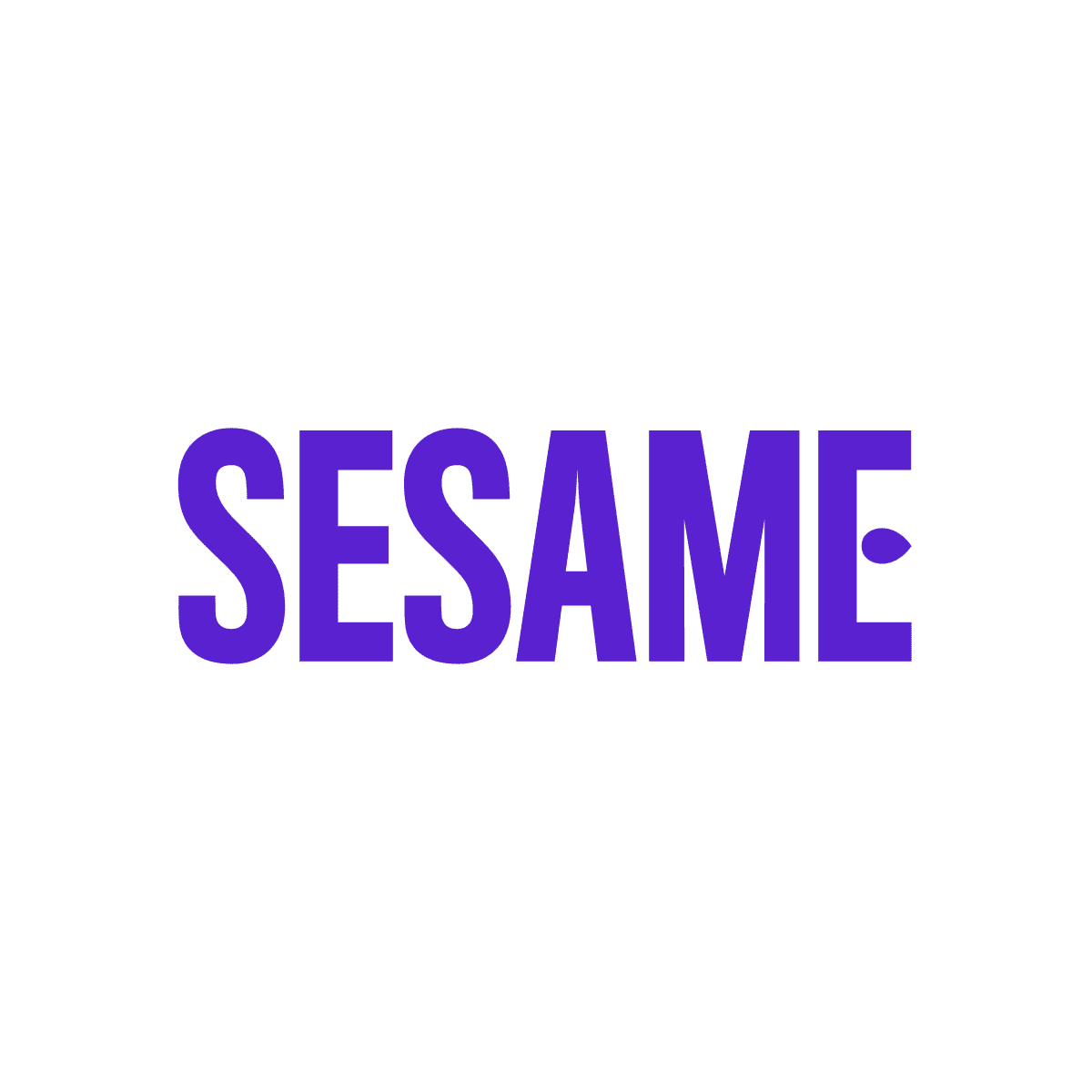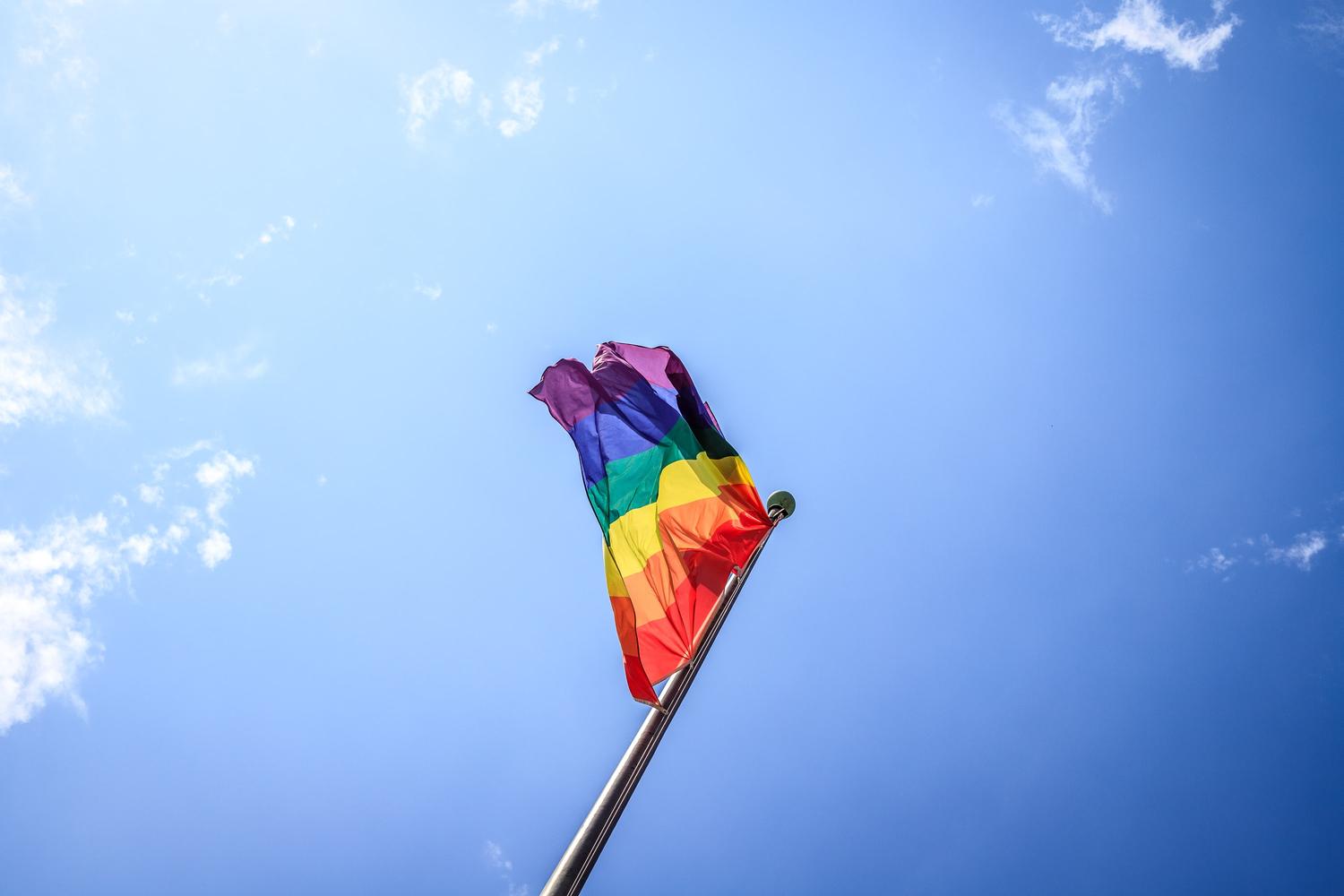Minority Mental Health Month
Facts and resources centering mental health in minority communities
Since 2008, July has been designated as National Minority Mental Health Awareness Month in the United States. This observance is held in honor of Bebe Moore Campbell, author of several New York Times bestsellers and the winner of the NAACP Image Award for Literature. She was also one of the founder members of the National Alliance on Mental Illness Urban Los Angeles. Her grassroots and creative work focused on mental health in BIPOC communities, making her a trailblazing figure in helping to destigmatize mental health conversations in underresourced communities.
In honor of Bebe Moore Campbell, Sesame is joining organizations nationwide in observance of National Minority Mental Health Awareness Month. Sesame is committed to increasing awareness of mental health issues and challenges facing racial and ethnic minority groups across the United States. We’ve put together some basic facts and resources to push this conversation forward and pay tribute to Bebe Moore Campbell's work.
Minority mental health statistics
While mental health is an ongoing challenge for nearly every demographic population in the United States, historical adversity and race-based exclusion from resources have made mental illness in minority communities a particularly urgent concern. Statistics from the National Institute of Mental Health depicting disparities in mental health and mental health care in the United States include:
Black Americans
- 13.4% of the population identifies as Black or African American Of this population, 16% (over 7 million people) reported having a mental illness in the past year
- Major depressive episodes in Black youth and Black adults steadily increased from 2015-2018
- In 2018, 58.2% of Black youth (ages 18–25) and 50.1% of Black adults (26-49) with serious mental illness did NOT receive treatment in the past year
Latine/ Hispanic Americans
- 18.3% of the population is estimated to be Hispanic or Latine
- Of this population, 16% reported mental illness in the past year
- Between 2015 and 2018, major depressive episodes rose from 12.6% to 15.1% in Latine/ Hispanic youth (ages 12–17) and 8% to 12% in young Latine/ Hispanic adults (18–25)
- Serious mental illness among these Latine/ Hispanic adults increased from 2008–2018 from 4% to 6.4% (ages 18–25) and 2.2% to 3.9% (ages 26–49)
Native American/ Indigenous Americans
- Over 19% of people who identify as Native American or Indigenous report having a mental illness
- Native and Indigenous populations report experiencing “serious psychological distress” at rates of more than 2.5 times that of the general population
- Native and Indigenous youth begin to use and abuse alcohol and drugs at a younger age and at a greater rate than any other population in the United States
- Access to mental health care is limited due to the majority of Indian Health Service clinics being located on reservations, even though the majority of - Native or Indigenous people do not live in these areas.
Asian American and Pacific Islander (AAPI)
- Over 2.9 million people who identify as Asian American or Pacific Islander reported having a mental illness in a given year
- AAPI people are the racial group least likely to seek treatment for mental health concerns
- As of 2018, 73.1% of AAPI adults did NOT receive treatment for mental illness.
Care deserts & access
While cultural taboos and societal stigma play some role in mental health care disparities in minority populations, the lack of access to care is more pervasive and dangerous among these communities.
The term “care desert” refers to a geographic area that does not contain a certain type of health care service. In a recent report by ABC News, 570 counties in the United States do not have any counseling, psychiatric, or psychological services. Care deserts are mostly found in rural and underresourced areas. This means that even if an individual in one of these communities has symptomatic traits of a mental illness, there is no professional care provider nearby to offer treatment options.
In addition to the lack of access to mental health care services, minority communities are disproportionately uninsured or underinsured, meaning that even if care services are nearby and available, they may be too expensive for some households. The lack of health care has contributed to increasing suicide rates and substance abuse problems in communities nationwide.
Finally, many people in Black, Latine/ Hispanic, Native/ Indigenous, and AAPI populations do not receive mental health care due to worry about a lack of cultural competency among care providers. Diverse populations have culturally specific needs and concerns that require cultural literacy and nuanced understanding, and the underrepresentation of mental health care providers who identify as members of the communities listed above causes some individuals to avoid seeking care.
Mental health resources
Fortunately, thousands of organizations across the country provide mental health resources to individuals who identify as Black, Latine/ Hispanic, AAPI, or Native/ Indigenous.
Resources for Black and African American communities
- Therapy for Black Girls: An online space dedicated to accessible and relevant mental health care resources for Black girls and Black women, including an online provider database with nearby therapists.
- Therapy for Black Men: Culturally competent care resources for Black and African American men, including curated articles, an online provider database, and financial assistance for mental health care services.
- Black Emotional and Mental Health Collective (Beam): An online resource hub that offers mental health programs, training modules, and wellness tools to Black and African American people of all ages.
Resources for Latine/ Hispanic communities
- National Alliance for Hispanic Health: Community-based resources that provide health care services to over 15 million Latine/ Hispanic Americans annually. Resources include educational materials, a Helpline, and political action opportunities.
- MHP Salud: A national non-profit organization providing health care and social services to underresourced communities. Resources include health insurance application assistance, connections to culturally competent health care providers, and educational material.
- Therapy for Latinx: Culturally competent mental health care resources for Latine/ Latinx people, including an online therapist directory, a crisis hotline, and literature.
Resources for Native/ Indigenous communities
- One Sky Center: A national resource hub for American Indian/ Alaska Native populations. Resources include culturally competent training programs, a state-by-state consultant directory, and literature archives.
- StrongHearts Native Helpline: A national lifeline that offers culturally-appropriate and confidential service to Native American and Alaskan native people impacted by domestic and sexual violence. Services are available 24/7 and can be reached online or by calling/ texting 1-844-762-8483.
- WeRNative: An online resource center “For Native Youth by Native Youth”. Resources include culturally appropriate educational literature, 24/7 crisis support lifelines, and a database of other mental health helplines.
Resources for AAPI communities
- National Asian American Pacific Islander Mental Health Association: A national non-profit organization dedicated to promoting mental health awareness in AAPI communities. Resources include an AAPI mental health care provider directory, training and webinars, and educational material.
- Asian Mental Health Collective: An online resource hub offering a therapist directory, community events, and training modules.
- Asian American Psychological Association: A nationwide advocacy group that centers on the health and mental well-being of Asian Americans. Resources include LGBTQ AAPI groups, online fact sheets and journal entries, and a provider directory.
Sesame is committed to connecting diverse populations to affordable and accessible health care services. This includes mental health care and mental illness management. Book an online mental health visit to talk to a provider right away, or check out the organizations above to access culturally-appropriate mental health resources. We are joining with organizations nationwide to honor these words from Bebe Moore Campbell: “Can't we, as a nation, begin to speed up that [healing] process? … It's not shameful to have a mental illness. Get treatment. Recovery is possible.”









